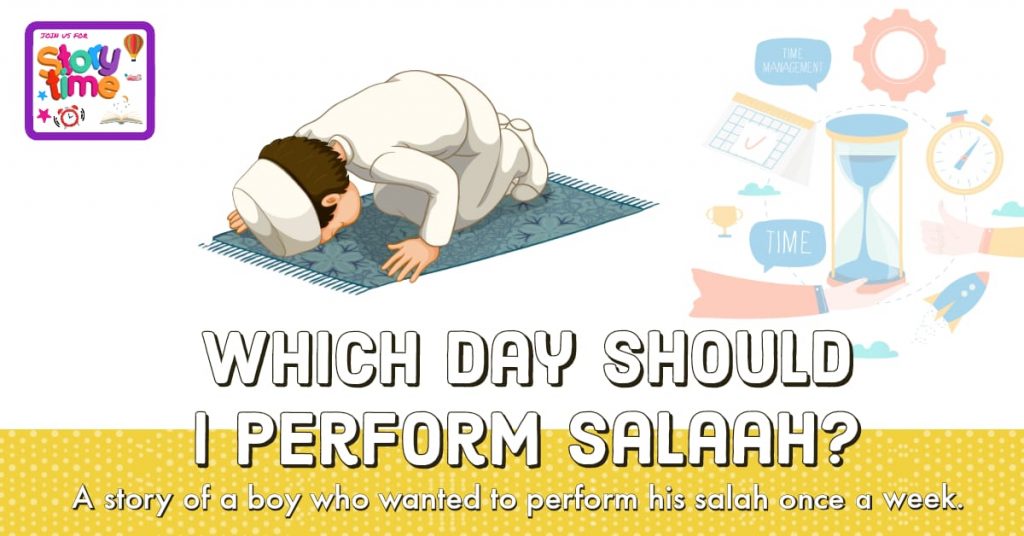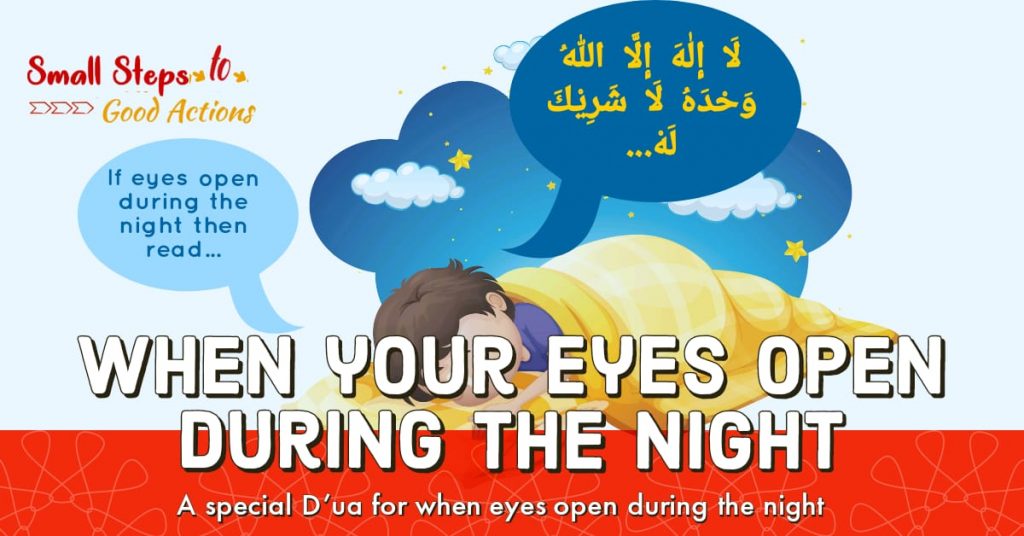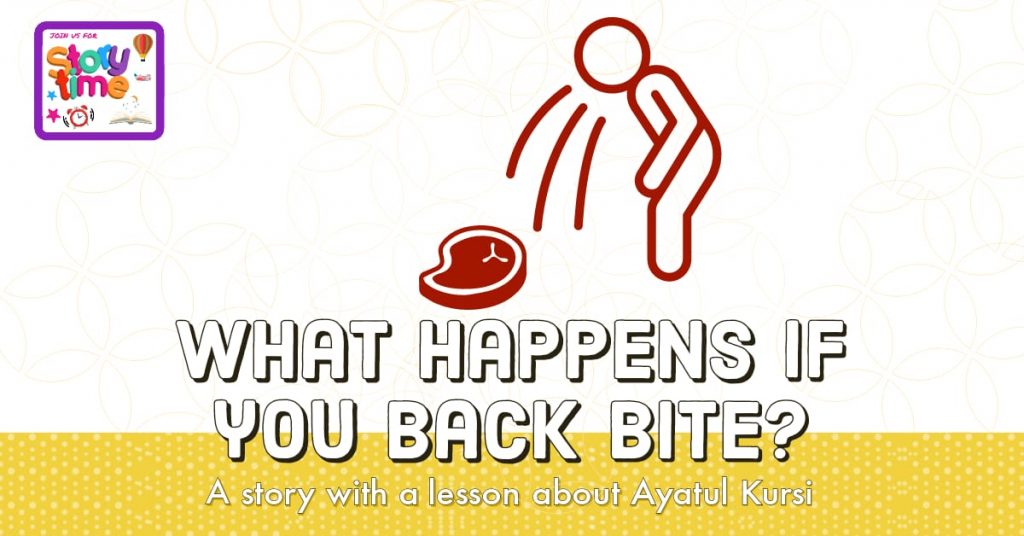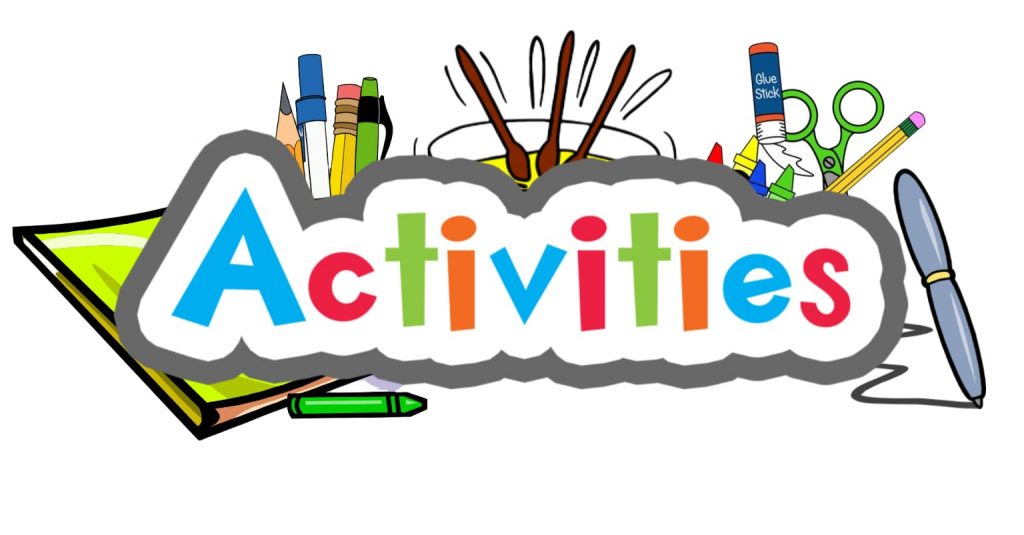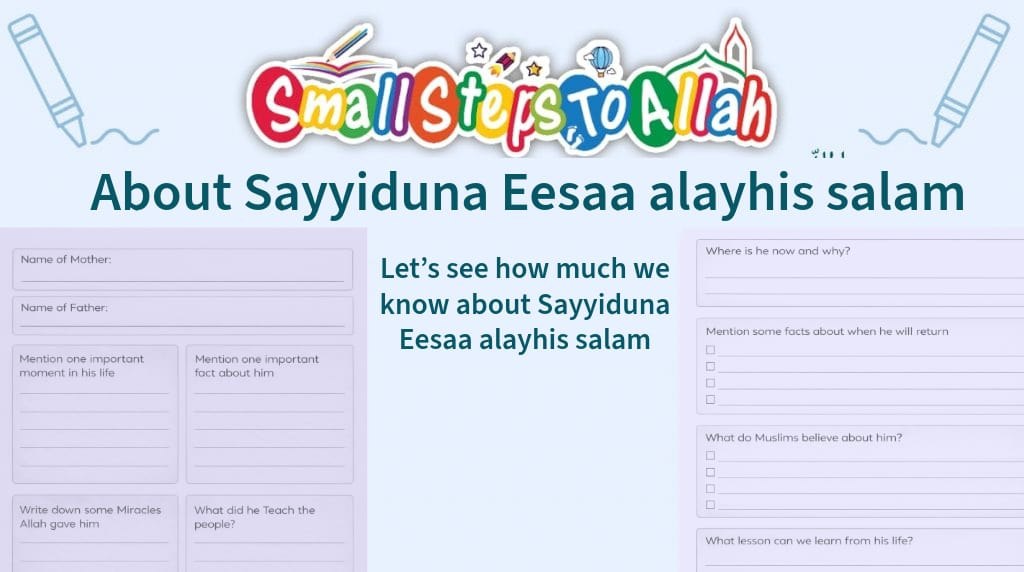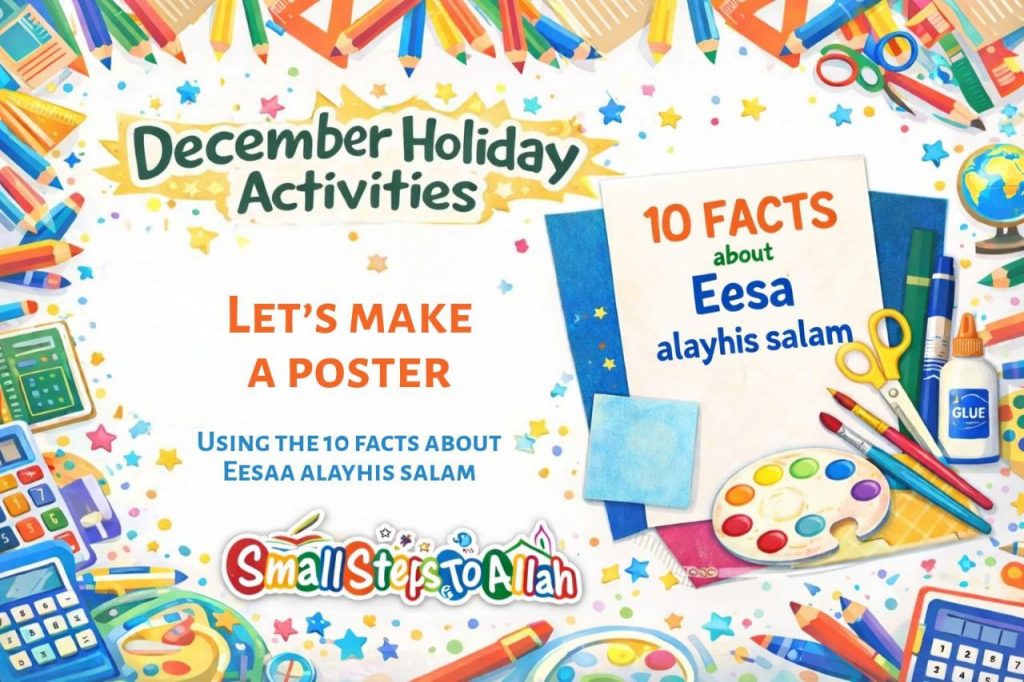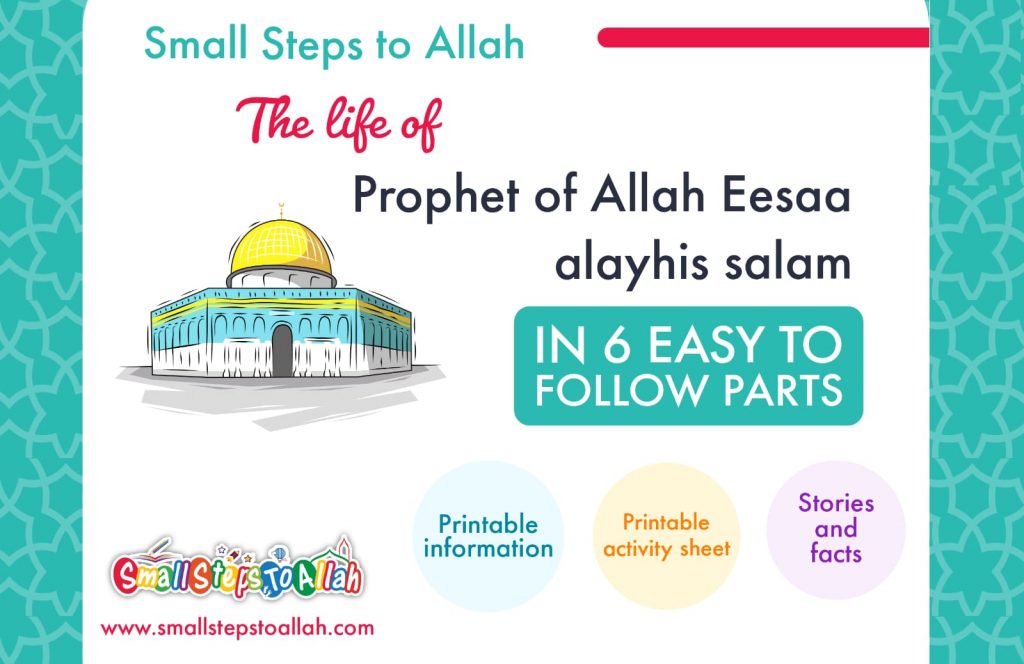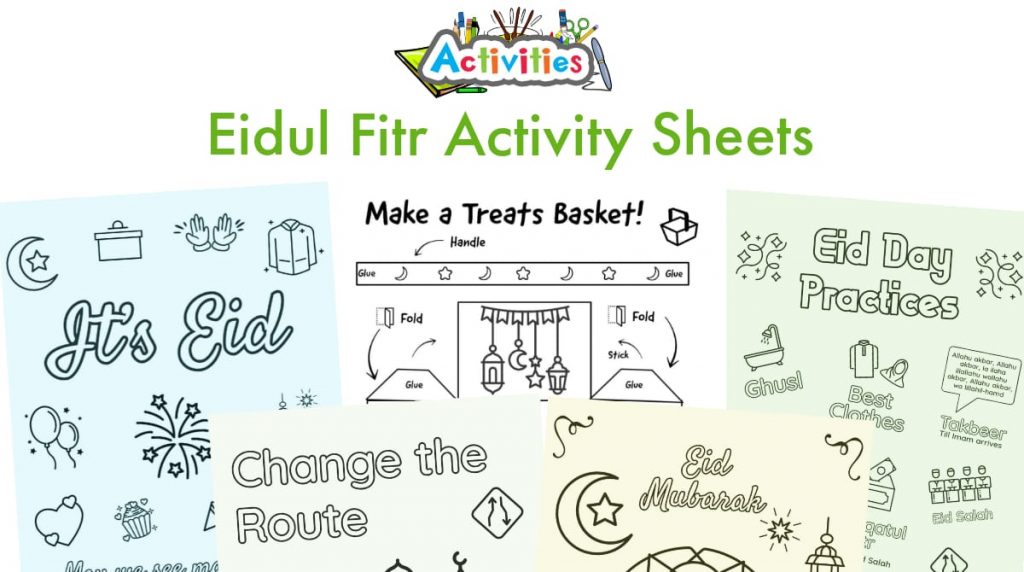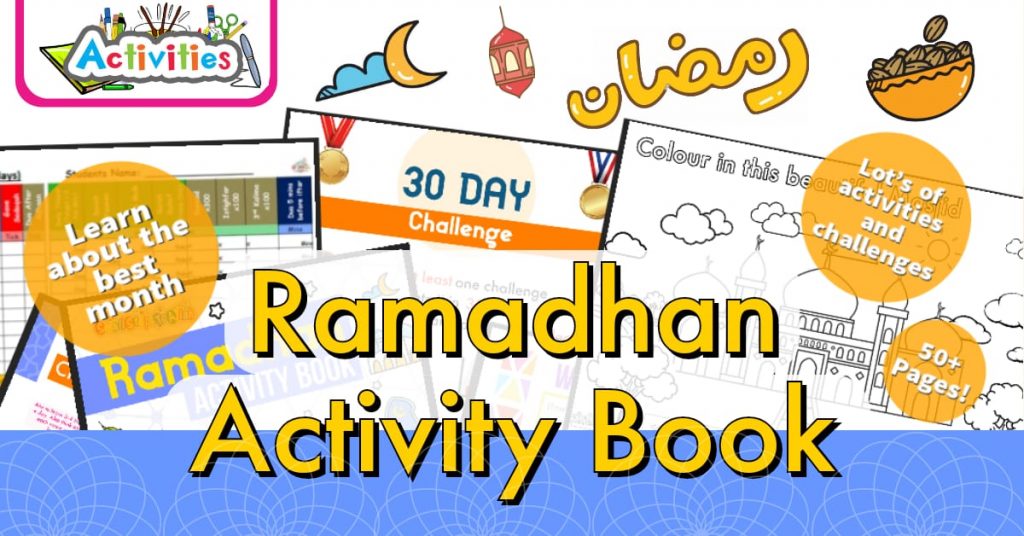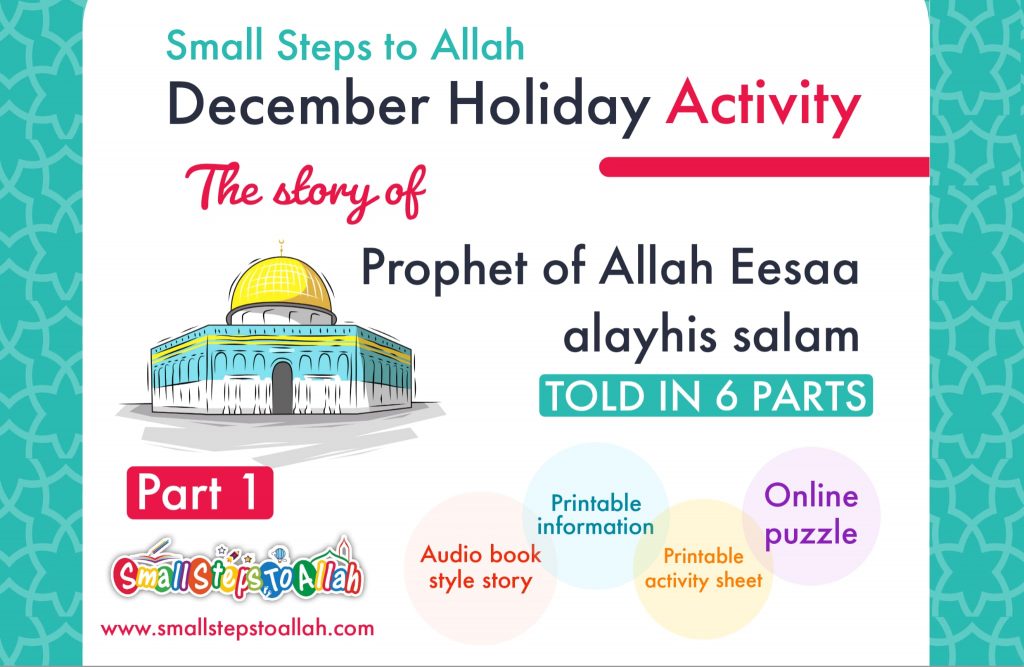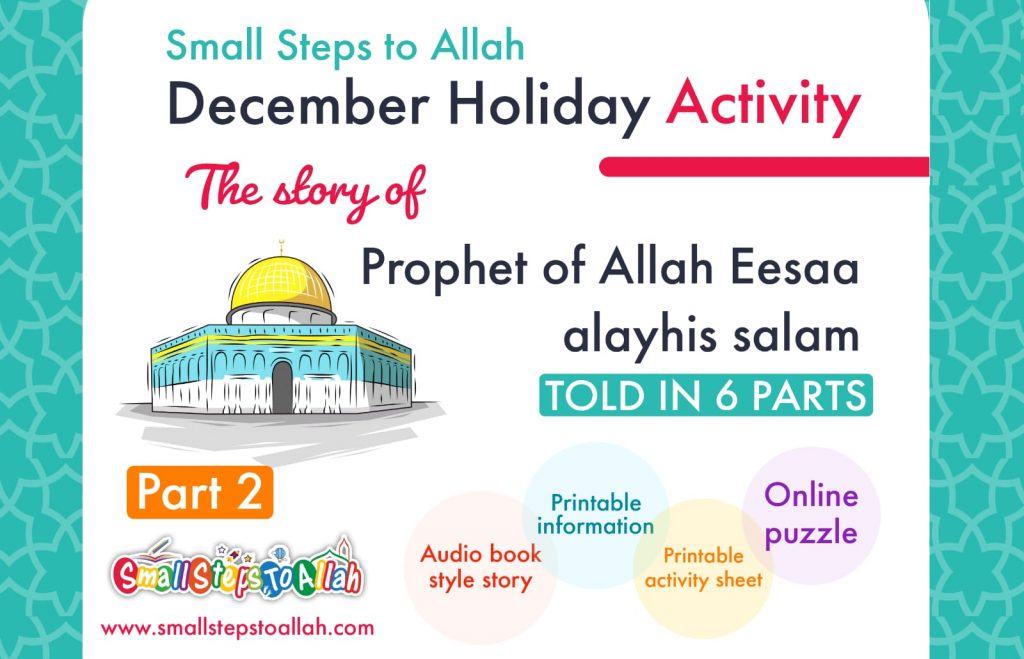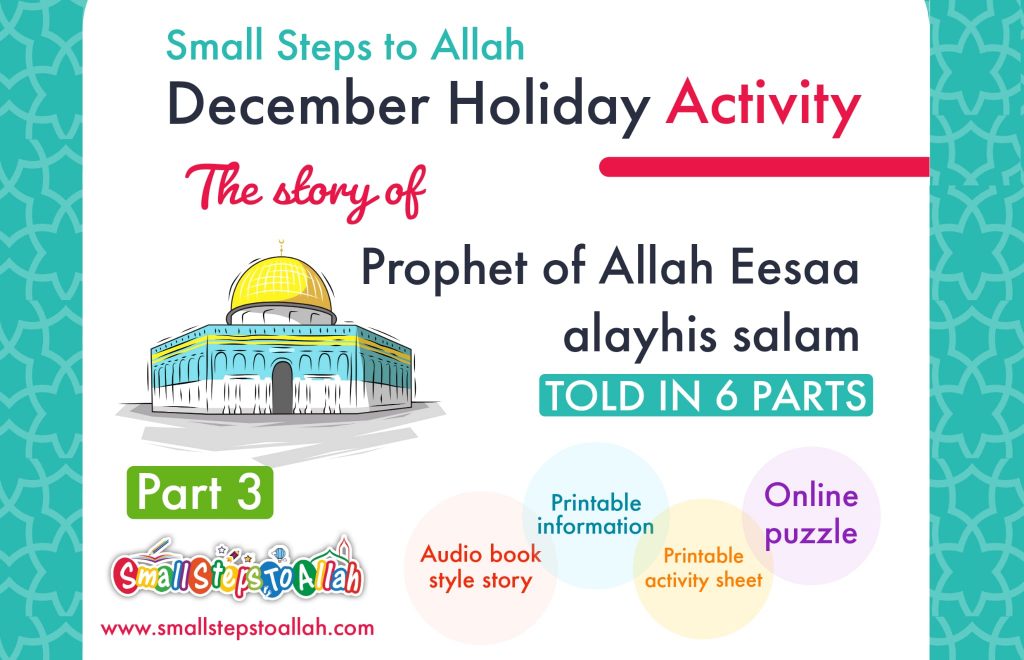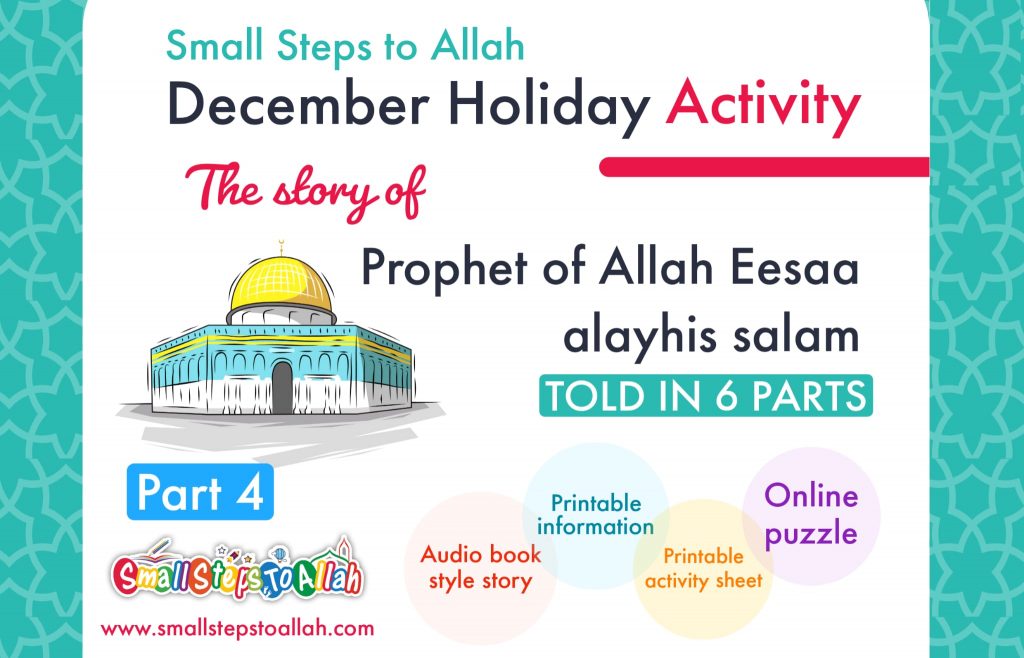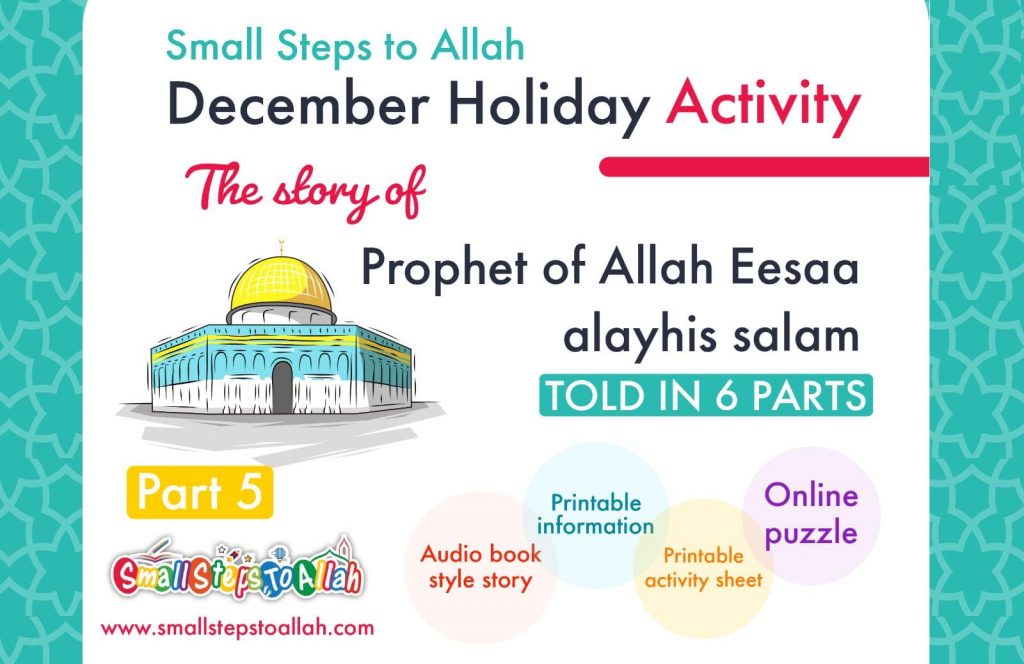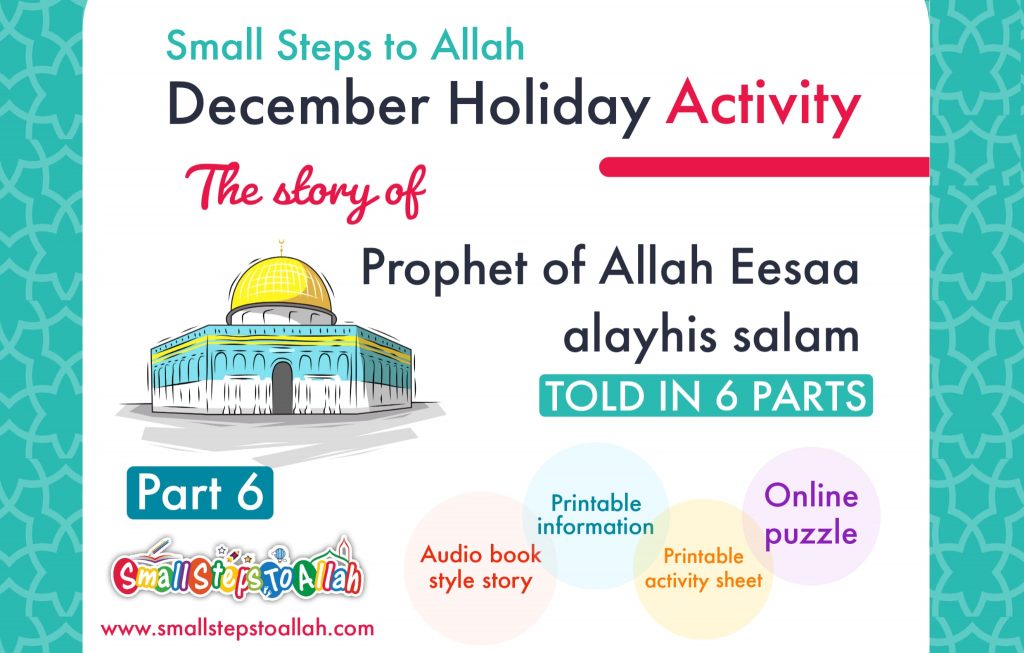Hadeeth lessons – Do Not Laugh Excessively
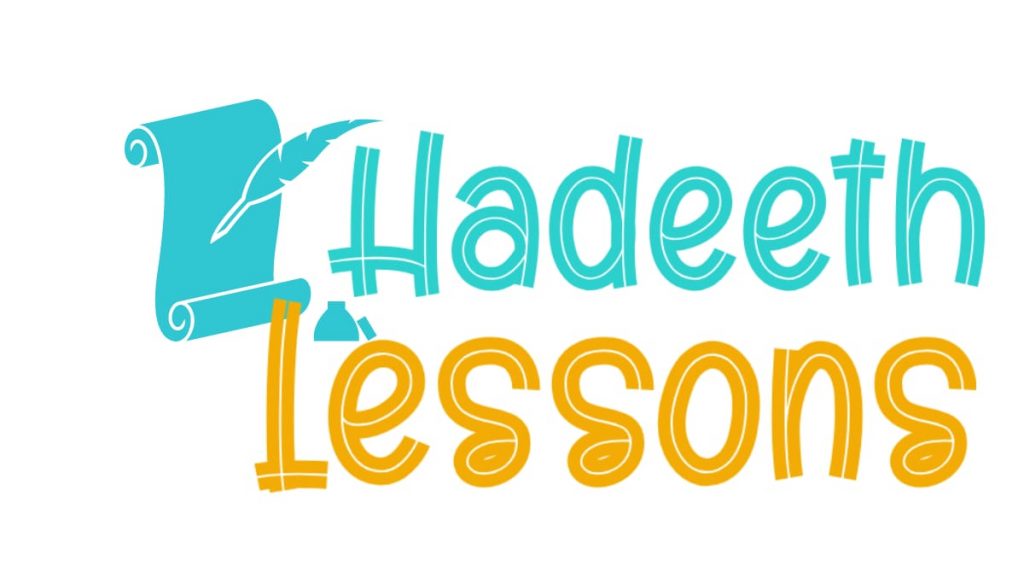
By Mawlana Junayd Makda Sahib
Memorise and practice a Hadeeth every week
from the collection of 40 Ahadeeth by Shaykhul Hadeeth Mawlana Muhammad Saleem Dhorat sahib Hafizahullah.
Hadeeth Nineteen
Do Not Laugh Excessively
لَا تُكْثِرِ الضَّحِكَ فَإِنَّ كَثْرَةَ الضَّحِكِ تُمِيتُ الْقَلْبَ
Our Beloved Nabi ﷺ said,
“Do not laugh excessively, for indeed excessive laughter kills the heart.”
At-Tirmidhi
Explanation
Islam allows a person to be happy, to smile, and occasionally share a joke and laugh. Our beloved Nabi ﷺ himself joked with his Companions and smiled regularly.
However, Islam discourages doing things excessively when they make us forget Allah Ta’ala and affect our preparation for the life of the Hereafter.
From this Hadeeth, we learn that excessive laughter should be avoided, as it “kills the heart.” This means the heart becomes weak, careless, and forgetful of Allah Ta’ala, and stops taking good advice seriously.
What we learn from this Hadeeth:
1) Although laughing is permissible, a person should not spend all his time laughing.
2) A believer adopts balance in everything. While he has moments of enjoyment, he also has moments of seriousness in which he reflects and prepares for his Akhirah.
3) Even permissible actions can sometimes affect our preparation for the Akhirah. We should therefore be mindful of our relationship with Allah Ta’ala and decide whether an action is beneficial for us.
4) While excessive laughter has been discouraged, smiling and meeting others with a smile has been encouraged.
5) Every action affects the heart, some strengthen it, while others weaken it, and this impacts our relationship with Allah Ta’ala.
6) If excessive laughter affects the heart and weakens its good qualities, then we can understand how harmful sins must be for the heart.
7) A believer is mindful of his behaviour and values dignity and good character. Excessive laughter affects this, so he should refrain from it.
8) A heart that remains engaged in the remembrance of Allah Ta’ala stays alive and strong, while a heart that frequently forgets Allah Ta’ala becomes weak and spiritually dead.
Ways we can act upon this Hadeeth:
1) Avoid laughing excessively or making jokes all the time. There is a time and place for everything.
2) Maintain balance, enjoy occasions of happiness, but give priority to fulfilling one’s duty to Allah Ta’ala.
3) Remembering Allah Ta’ala and the Hereafter helps us maintain the correct balance in life.
4) Reflect whenever possible on the Hereafter, our purpose in life, and what we are doing to prepare for it.
5) Keep good company, especially those who remind us of Allah Ta’ala and do not distract us from Him.
6) Smile, be kind, and occasionally share a joke, but never forget Allah Ta’ala or the Hereafter.
7) Make du’a that Allah Ta’ala keeps our hearts soft, connected to Him, and alive, and saves us from actions that weaken or kill the heart.
Other Hadeeth Lessons
By Mawlana Junayd Makda Sahib Memorise and practice…
Memorise and practice a new hadeeth every week!…
Memorise and practice a new hadeeth every week!…
Memorise and practice a new hadeeth every week!…
By Mawlana Junayd Makda Sahib Memorise and practice…
Memorise and practice a new hadeeth every week!…
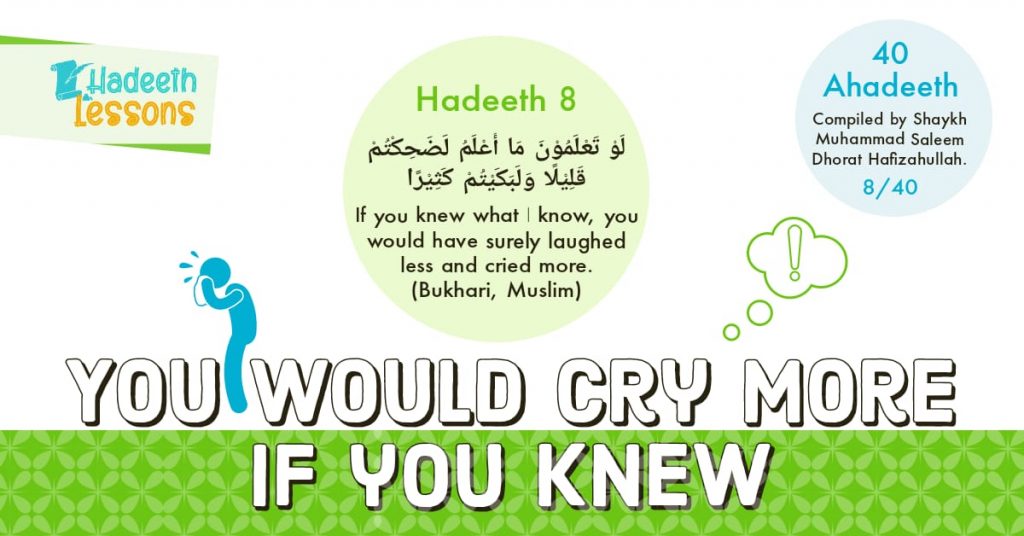
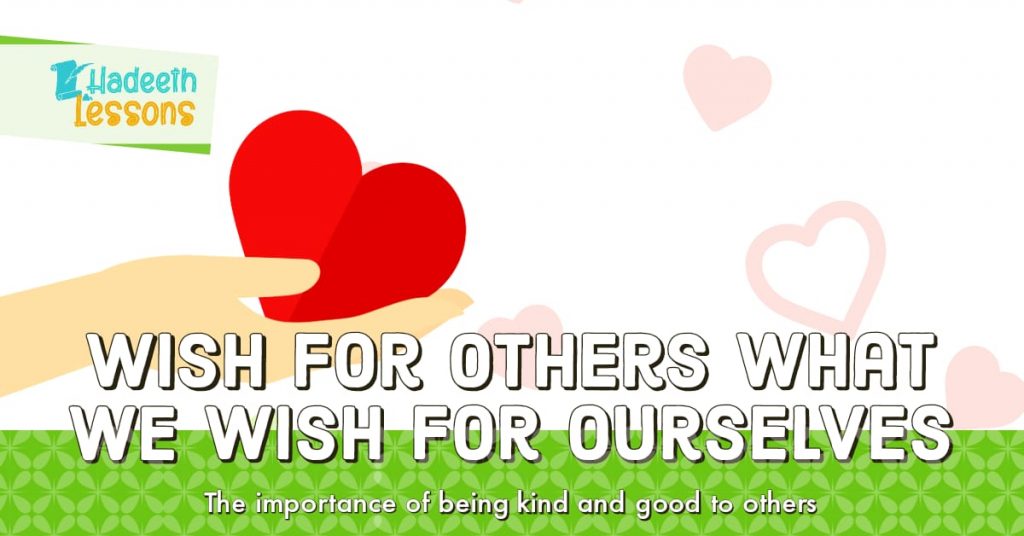
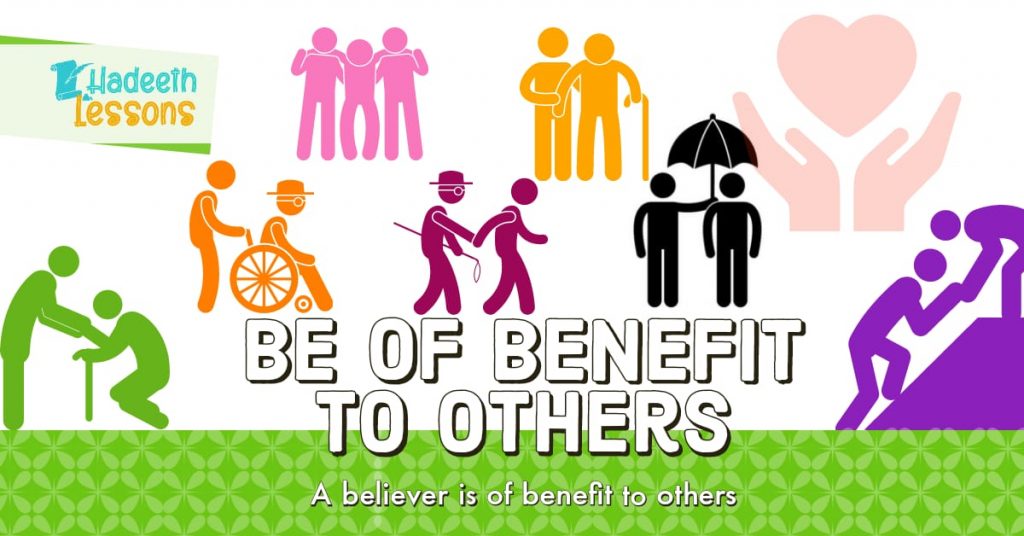
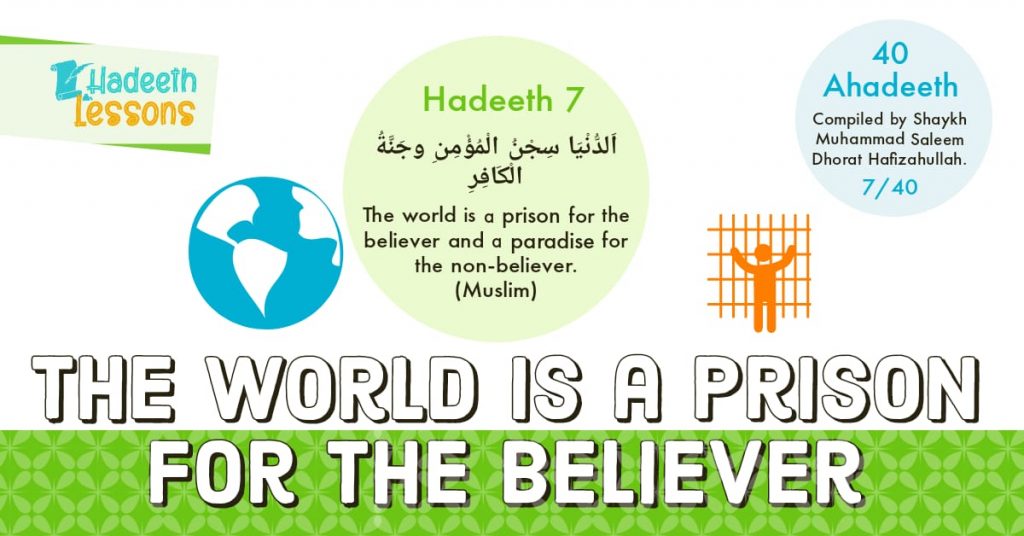
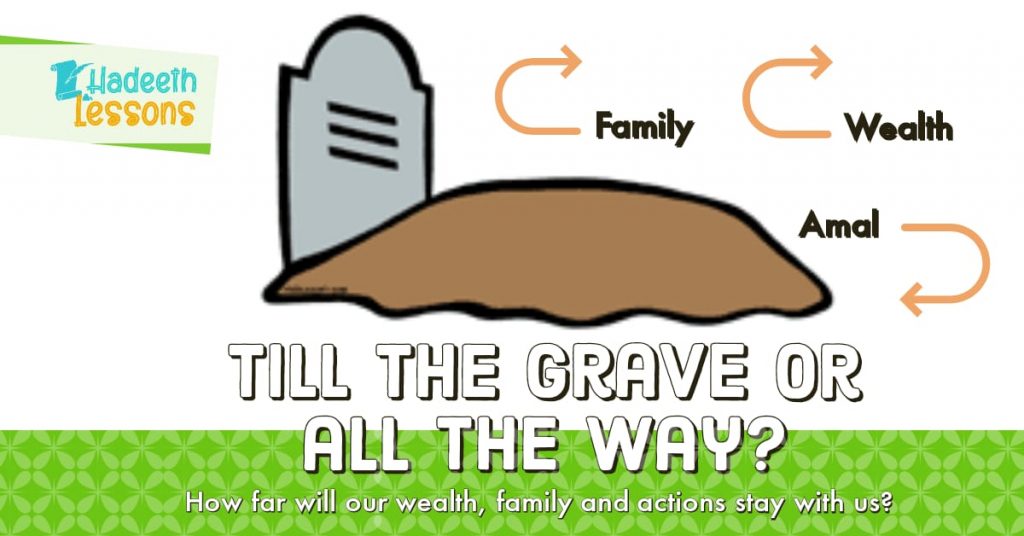
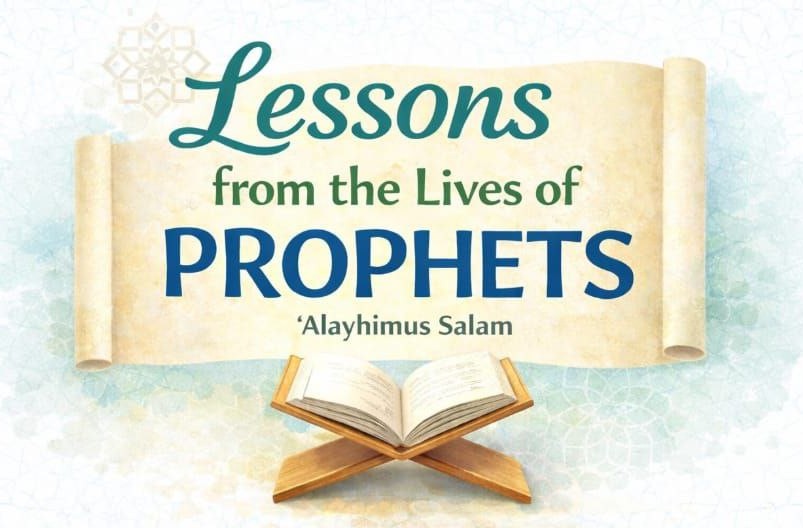
 One Ayah – One Lesson
One Ayah – One Lesson Some of His Beautiful Qualities Allah Ta’ala Praised
Some of His Beautiful Qualities Allah Ta’ala Praised